
23 Weird Signs of Kidney Disease You Might Miss
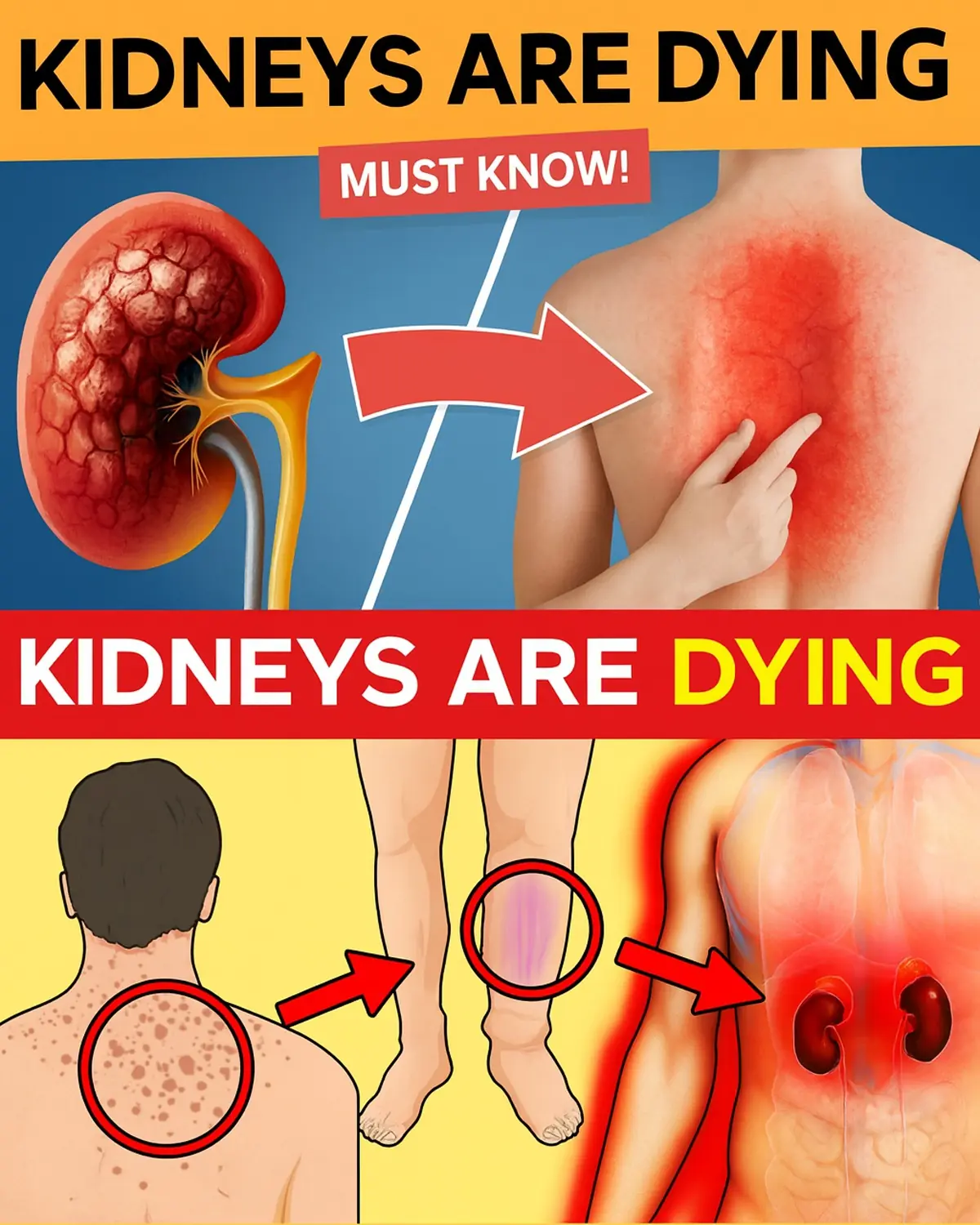
Have you ever wondered if your body is trying to tell you something serious, but you’re just not hearing it? Your kidneys, those bean-shaped powerhouses, work tirelessly to filter waste and keep you healthy, but when they start to falter, the signs can be so subtle—or downright weird—that most people brush them off. What if that odd symptom you’ve been ignoring is a red flag for kidney disease?

Your kidneys filter about 50 gallons of blood every day, removing toxins and balancing fluids. When they’re struggling, the effects ripple through your body, often in ways you’d never expect. Kidney disease affects over 37 million Americans, yet many don’t realize they’re at risk until it’s advanced. Risk factors like diabetes, high blood pressure, or a family history of kidney issues put you in the danger zone, but even without these, anyone can be affected. Ignoring the signs can lead to serious complications, like dialysis or kidney failure, which can drastically change your life.
Let’s countdown 23 often-overlooked signs of kidney disease—some so strange you’d never connect them to your kidneys. We’ll reveal the most surprising one last, so stick with us to uncover a symptom that could be a game-changer for your health.
First up, number 23: Fatigue that won’t quit. Feeling drained all the time, even after a good night’s sleep? Your kidneys might be struggling to produce erythropoietin, a hormone that helps make red blood cells to carry oxygen. Less oxygen means less energy, leaving you exhausted.
Number 22: Puffy eyes. Ever wake up looking like you cried all night? Swelling around your eyes can happen when your kidneys leak protein into your urine instead of keeping it in your blood. This protein loss causes fluid to pool in odd places, like under your eyes.
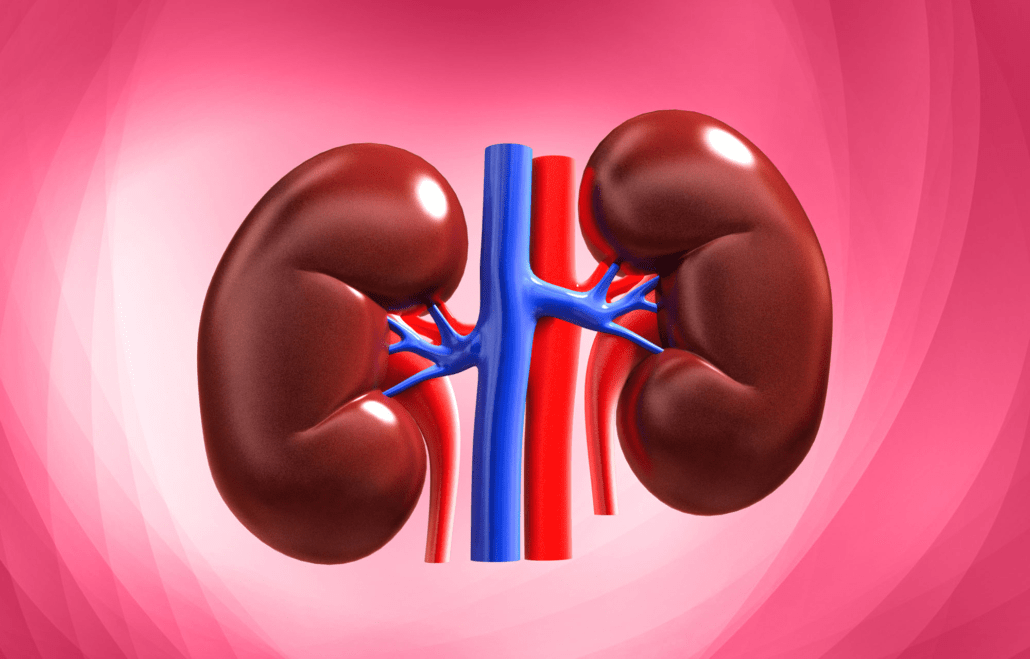
Number 21: Itchy skin. This isn’t just dry skin from winter air. When kidneys can’t remove waste properly, toxins build up in your blood, triggering relentless itching. Some studies suggest this can be an early clue of kidney trouble.
Number 20: Frequent urination, especially at night. If you’re running to the bathroom more often, particularly waking up multiple times at night, your kidneys might not be concentrating urine effectively. This can be a sign they’re working overtime to compensate for early damage.
Number 19: Foamy urine. Notice bubbles in the toilet that linger? This could mean excess protein in your urine, a condition called proteinuria, which happens when kidneys aren’t filtering properly.
Mini-hook: Bet you didn’t know a change in your breath could hint at kidney issues—keep reading to find out how!
Number 18: Swollen ankles or feet. Fluid retention from poorly functioning kidneys can make your ankles or feet puff up, especially later in the day. This swelling, called edema, is often mistaken for standing too long.
Number 17: High blood pressure. Your kidneys help regulate blood pressure, so when they’re struggling, your readings might spike. Uncontrolled hypertension can also further damage your kidneys, creating a vicious cycle.
Number 16: Metallic taste in your mouth. A buildup of waste in your blood can leave a strange, metallic taste or make food taste off. This condition, called uremia, can also cause bad breath that brushing won’t fix.
Number 15: Shortness of breath. Fluid buildup in the lungs, linked to kidney dysfunction, can make it hard to catch your breath, even without heart or lung issues.
Number 14: Muscle cramps. Electrolyte imbalances, like low calcium or high potassium, can cause painful cramps, especially in your legs. Kidneys normally balance these minerals, so cramps could be a clue.
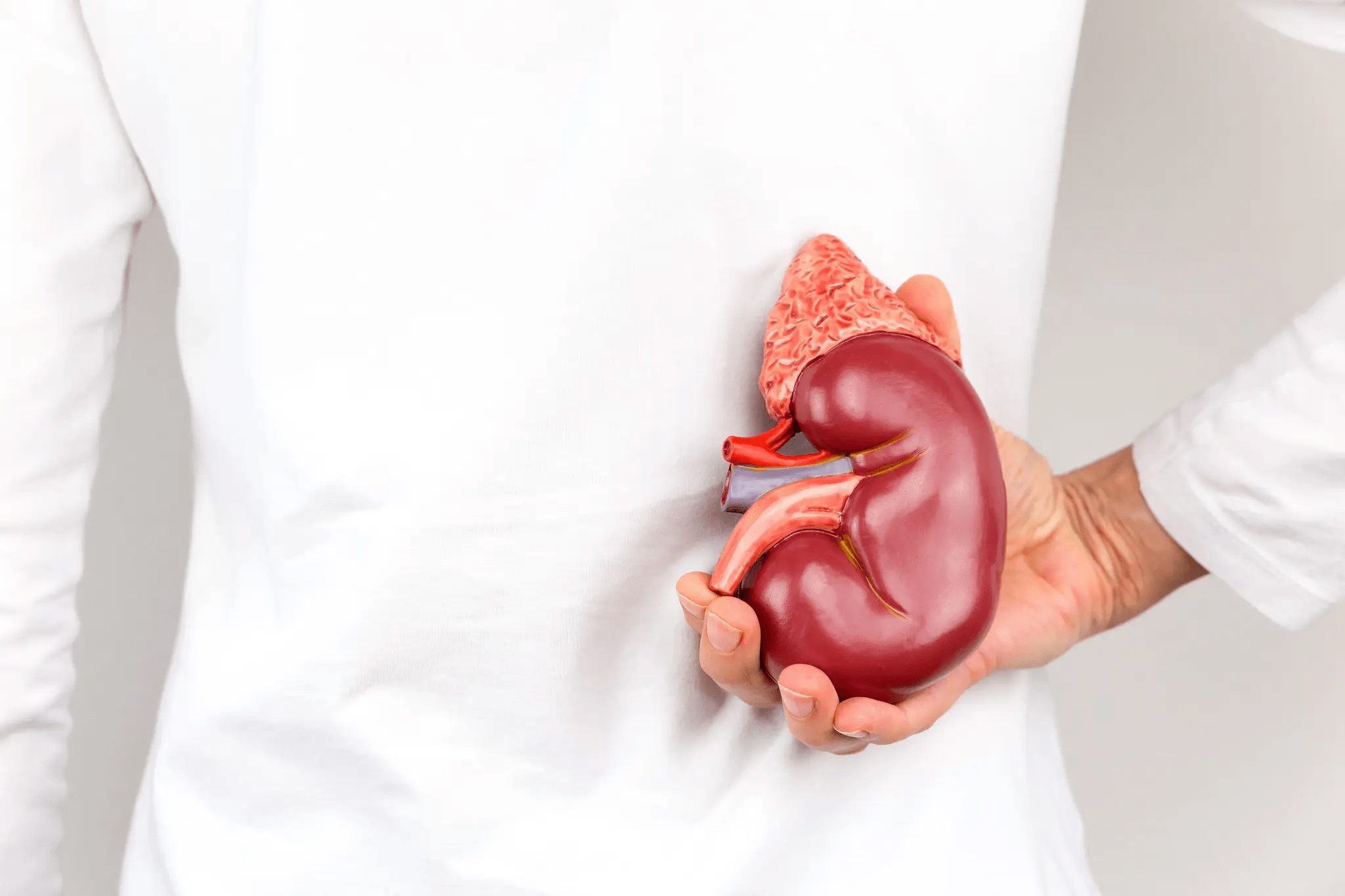
Number 13: Dry, scaly skin. Beyond itching, your skin might become noticeably dry or flaky when kidneys can’t maintain fluid and nutrient balance.
Number 12: Loss of appetite. Feeling full or nauseous even when you haven’t eaten much? Toxin buildup from kidney issues can mess with your stomach, curbing your desire to eat.
Number 11: Trouble sleeping. Toxins in your blood can keep you tossing and turning. Some research indicates sleep disturbances are common in early kidney disease.
Number 10: Dark or cloudy urine. Healthy urine is typically pale yellow and clear. Dark, cloudy, or even reddish urine could signal blood or infection, both linked to kidney problems.
Mini-hook: Ever feel a random pain in your back that you can’t explain? It might not be just a pulled muscle—stay tuned for a surprising kidney connection.
Number 9: Brain fog. Trouble focusing or feeling mentally sluggish? Kidneys that aren’t filtering toxins properly can affect your brain, leaving you foggy or forgetful.
Number 8: Persistent hiccups. This one’s weird, right? Toxins irritating the diaphragm or nerve issues tied to kidney dysfunction can cause stubborn hiccups that won’t go away.
Number 7: Unexplained weight loss. If you’re losing weight without trying, it could be due to nausea or appetite loss from kidney issues, not just a mystery diet success.
Number 6: Bone pain. Weak kidneys can disrupt calcium and phosphorus balance, leading to aching bones or even fractures over time.
Number 5: Cold intolerance. Feeling chilly even in warm rooms? Anemia from low red blood cell production, linked to kidney trouble, can make you sensitive to cold.
Number 4: Frequent infections. A weakened immune system from kidney dysfunction can make you prone to infections, like urinary tract infections, that keep coming back.
Number 3: Lower back pain. Pain near your kidneys—just below your ribcage on either side of your spine—can be a sign of kidney issues, not just a sore muscle.
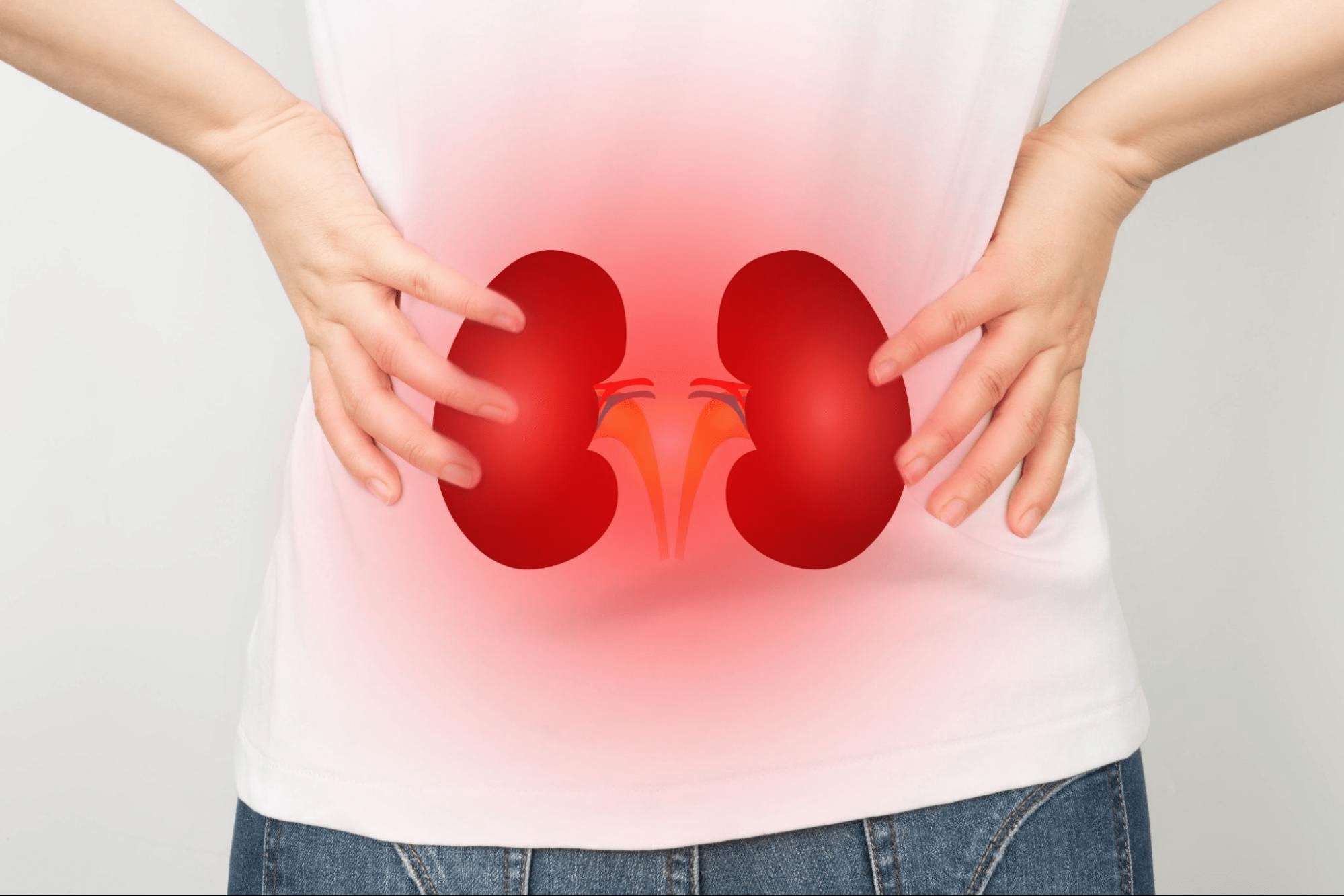
Number 2: Changes in nail appearance. Pale, brittle, or spoon-shaped nails can reflect anemia or toxin buildup, both tied to kidney dysfunction.
And now, the most surprising sign, number 1: A strange ammonia smell in your sweat. Ever notice an odd, chemical-like odor when you sweat? When kidneys can’t filter waste, ammonia can build up and escape through your skin, creating a distinct smell most people would never link to their kidneys.
So, what can you do if you’re noticing these signs? Start by paying attention to your body and tracking any persistent symptoms. Keeping a simple journal of what you’re experiencing—whether it’s fatigue, swelling, or that weird ammonia smell—can help you spot patterns. Drinking enough water (about 8 cups daily for most adults) may support kidney function, as dehydration can stress these organs. Eating a balanced diet low in processed foods and sodium can also help, as high salt intake may strain kidneys over time. Some studies suggest limiting protein to moderate amounts, as excessive protein can tax kidneys in some cases. Regular check-ups, including blood and urine tests, can catch issues early—ask your doctor about tests like creatinine or glomerular filtration rate (GFR), which measure kidney function. Always consult a healthcare professional before making changes to your diet or lifestyle, as they can tailor advice to your specific needs.
Take a small step this week: jot down any of these weird signs you’ve noticed and share them with your doctor at your next visit. Your kidneys are vital, and catching issues early can make a big difference. Let us know in the comments how it goes or if you’ve spotted any of these signs yourself!
This article is informational only and does not replace professional medical advice — recommend readers consult a qualified healthcare provider for personalized guidance.
News in the same category


Don’t Drink Coconut Water Before You Know These 11 Secrets!

Pumpkin Seed Milk — The Natural Parasite Cleanser

Fast Rice Water Trick for a Brighter Smile

Morning Drink to Revive Your Kidneys Fast

The Onion Recipe That Could Transform Your Blood Sugar, Support Cleaner Arteries, and Protect Your Heart!

Top 4 Fruits That Help Your Kidneys Flush Out Toxins While You Sleep

Ginger, Clove, and Honey: The Natural Trio Your Body Will Thank You For

Heal 15 Years of Joint Pain Naturally with Turmeric and Honey Tea

This Juice Revived My Grandma’s Energy — Say Goodbye to Fatigue and Body Pain with This Natural Recipe

I’m 66 but Look 36 — My Secret? Aloe Vera & Ginger for Firm, Smooth Skin

How to Make Okra Water to Treat 17 Health Problems Naturally

Banana and Egg Mask to Look Younger Even in Your 80s

Scent Leaf Secrets Unveiled: 10 Surprising Health Benefits of This Miracle Herb

From White Hair to Black Hair Naturally in Just 5 Minutes — Fast Hair Growth Remedy

Boost Your Immune System Year-Round with Garlic, Onion, and Lemon
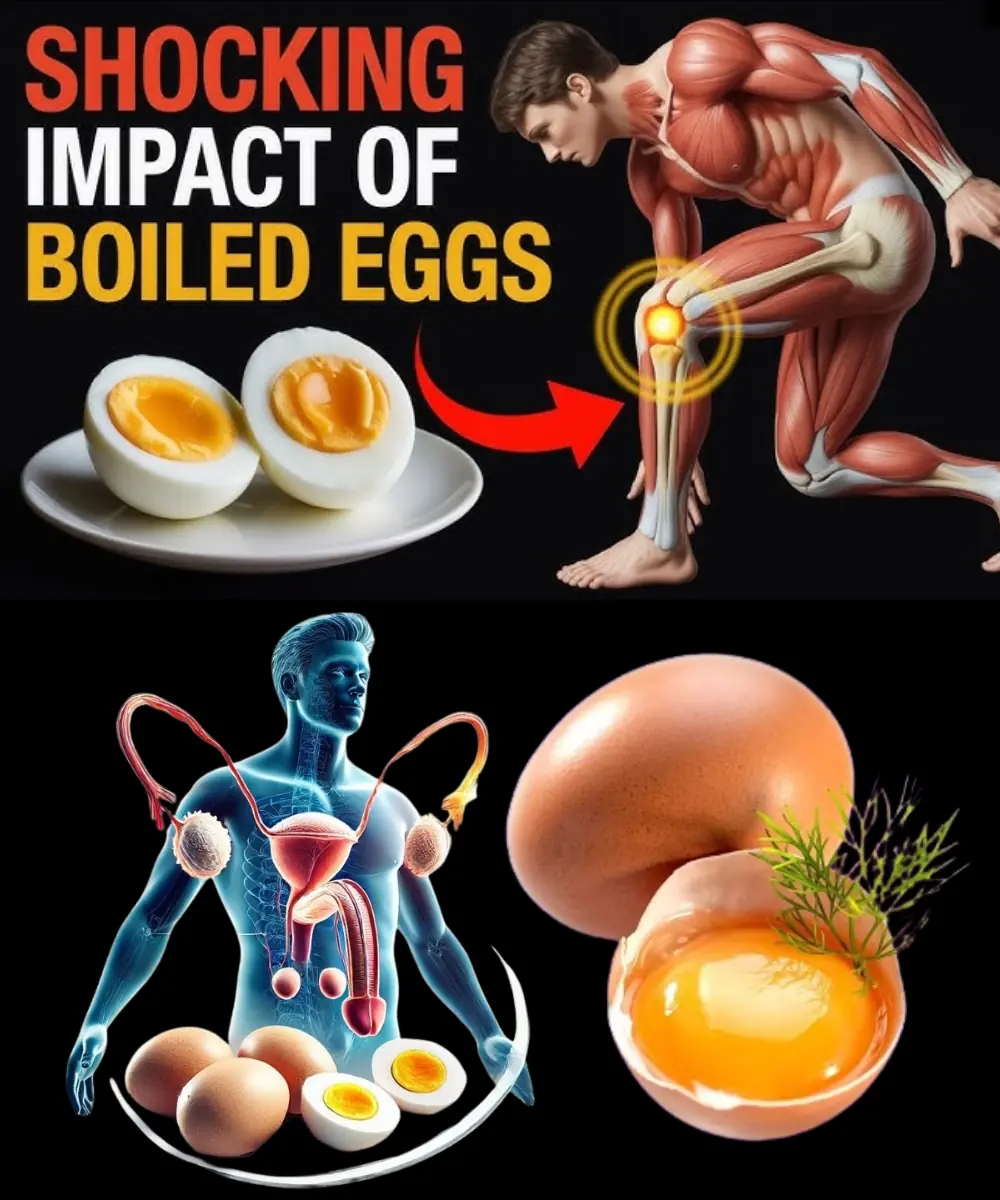
When You Start Eating 2 Eggs Every Day, Here’s What Happens to Your Body (Is It BAD??)
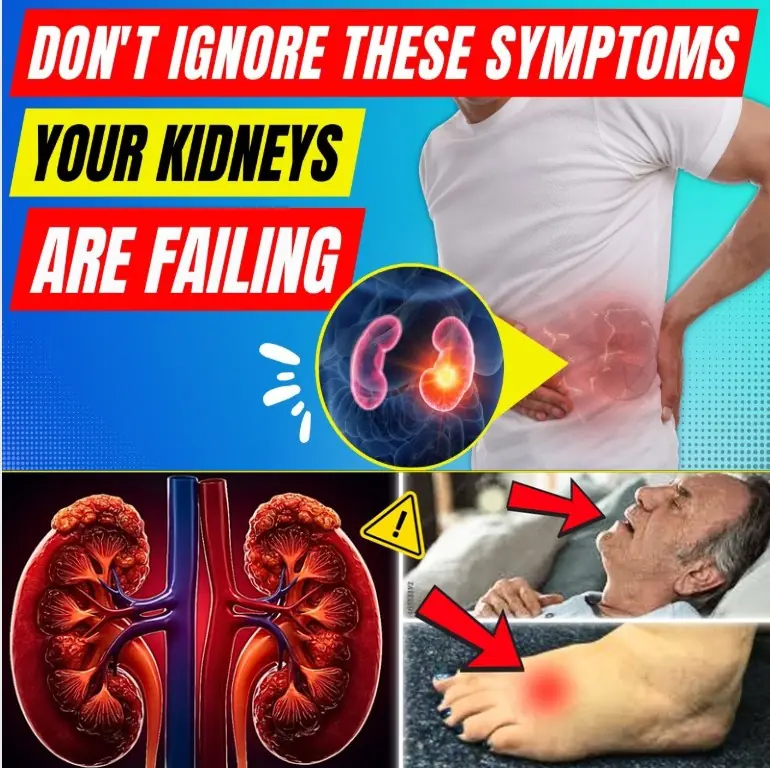
13 Warning Signs Your Kidneys Are Failing – Don’t Ignore These Symptoms

Save Your Heart: 8 Foods to Naturally Lower Cholesterol
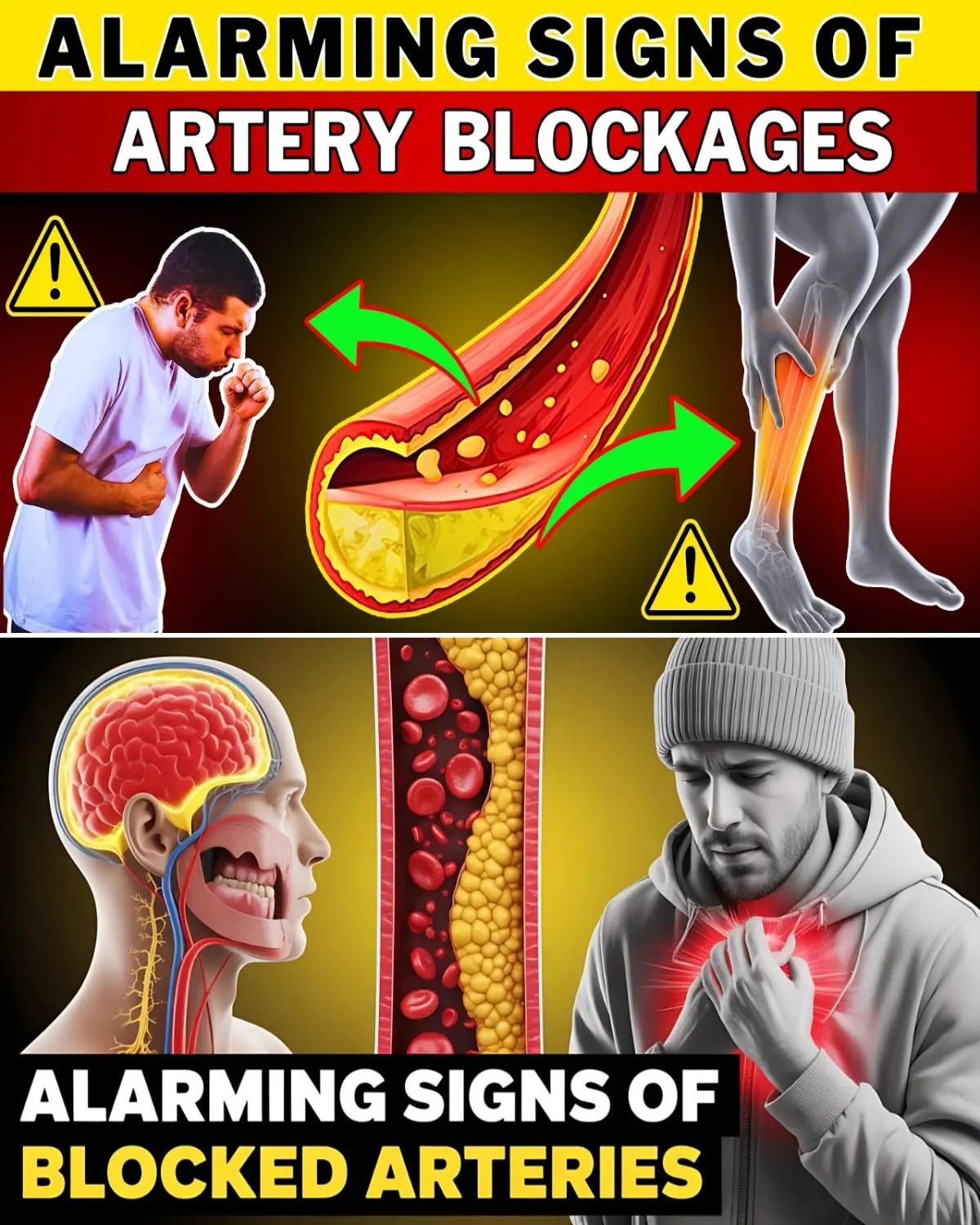
Silent Signs of Artery Blockages Seniors Can’t Ignore
News Post

WHAT HAPPENS WHEN WE TONGUE KISS…See more

Nature’s Secret: 4 Healing Leaves That Support Metabolism, Immunity & Circulation Naturally

Don’t Drink Coconut Water Before You Know These 11 Secrets!

Pumpkin Seed Milk — The Natural Parasite Cleanser

Fast Rice Water Trick for a Brighter Smile

Morning Drink to Revive Your Kidneys Fast

The Onion Recipe That Could Transform Your Blood Sugar, Support Cleaner Arteries, and Protect Your Heart!

Top 4 Fruits That Help Your Kidneys Flush Out Toxins While You Sleep

Ginger, Clove, and Honey: The Natural Trio Your Body Will Thank You For

Heal 15 Years of Joint Pain Naturally with Turmeric and Honey Tea

This Juice Revived My Grandma’s Energy — Say Goodbye to Fatigue and Body Pain with This Natural Recipe

The Benefits of Eating 2 Boiled Eggs Every Morning: Transform Your Health!

If Your Kidneys Are in Danger, Your Body Will Send You These 8 Signals — Don’t Ignore Them

The Surprising Effects of Avocado on Your Heart and Brain

Ways to Get Over a Man Who Didn’t Value You

I’m 66 but Look 36 — My Secret? Aloe Vera & Ginger for Firm, Smooth Skin

How to Make Okra Water to Treat 17 Health Problems Naturally

Banana and Egg Mask to Look Younger Even in Your 80s

Scent Leaf Secrets Unveiled: 10 Surprising Health Benefits of This Miracle Herb
